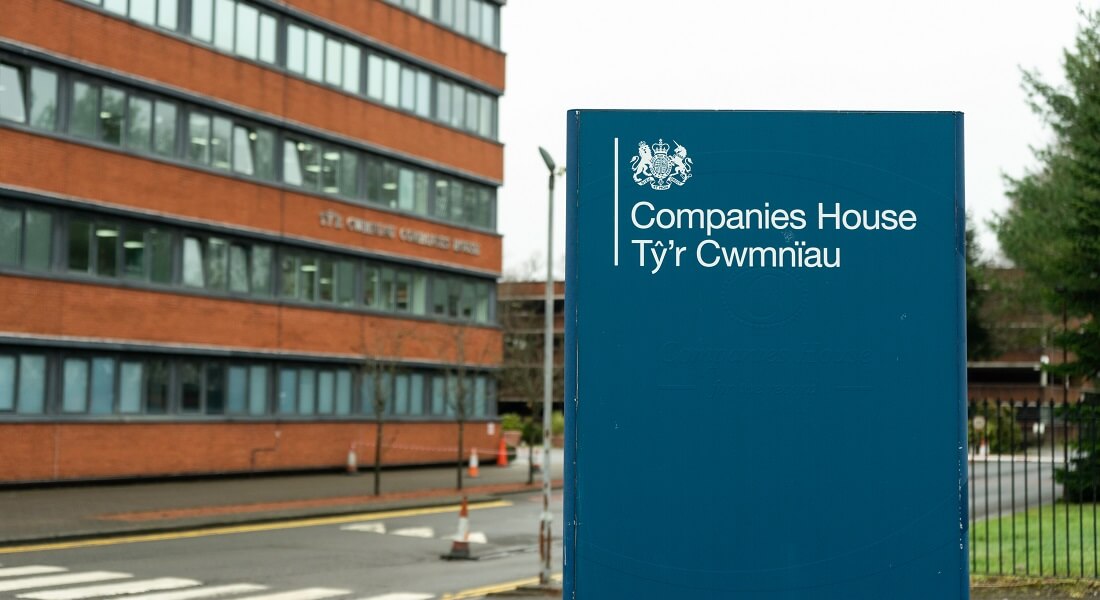Following on from our latest post regarding the new powers for the Registrar, in this article, we will look at the proposed reform for identity verification and what impact this may have on companies, and also to Authorised Corporate Service Providers (ACSPs).
The identity verification process
Identity verification can be done via:
- Direct verification with Companies House; or
- An indirect route through an ACSP.
It is understood that verification will be a one-time occurrence, however, for cases where an individual changes their name, they may need to be re-verified.
Direct verification via Companies House
When an individual verifies their identity directly with Companies House, the Registrar will link a photo or scan of a person’s face to their primary identity document, such as a passport or driving licence. The process may include checking primary identity documents against government databases. In circumstances where a user cannot use the digital identity verification system or does not have a photographic ID, alternative methods will be available.
Indirect verification via an ACSP
An ACSP is an intermediary registered with a regulatory body for anti-money laundering purposes. They can apply to the Registrar to become an ACSP and will have an obligation to carry out due diligence on their clients.
What this means for directors and PSCs
When it comes to directors, an individual may not be able to act as one, unless they have had their identity verified. All companies will need to ensure that an individual does not act as a director unless their identity has been verified. In the event a director fails to verify their identity, and where the company fails to verify the identity of the director, this will be classed as an offence, though the validity of their actions as a director will not be affected.
A PSC will need to verify their identity as long as they are a registrable PSC. Any relevant legal entity (RLE) must verify the identity of a relevant officer (e.g. a director) and maintain that individual’s verified status as long as the RLE is a registrable PSC. The company will have the option of providing verification confirmation to Companies House, but it will not be required to do so. Instead, the Registrar will have the ability to enforce compliance for the relevant PSC and RLE.
There will also be identity verification requirements for individuals who deliver documents to Companies House on their own behalf, or on behalf of another individual (unless this is by an ACSP)
Verification transition period
There will be a transition period for existing directors and PSCs to verify their identity, and to comply with the new requirements. The length of the transition period is still being debated.
For new directors, verification must take place before an application for company formation is delivered to Companies House. After incorporation, a director must verify their identity as soon as possible and before their appointment is notified to Companies House.
If PSCs are not verified soon after a company’s incorporation, they will commit an offence. PSCs have a 14-day window after registration with Companies House to verify their identity. RLEs have a 28-day window and they must provide the name of their verified relevant officer.
Anyone filing documents with Companies House will also need to first verify their identity.
Offences and sanctions
Those who do not comply with the verification process by the end of the transition period may face sanctions. The companies register may also be annotated to reflect an individual’s unverified status.
The consequences of non-compliance could lead to:
- Criminal proceedings
- Civil penalties issued by the Registrar
- Incorporations being rejected
- Inability to file statutory filings
- An individual’s status being noted as ‘unverified’ on the public register
- Prevention from acting as a director
Impact of the new verification process
The identification process is undoubtedly a positive change and is to guarantee that information held by Companies House is legitimate. It is being implemented to bring confidence across all UK businesses to ensure that an individual’s information cannot be altered by fraudsters. Investors or businesses carrying out due diligence on suppliers or potential investment opportunities will be assured that they are dealing with genuine registered individuals and business entities.
Whilst this new process may be time consuming in the first instance, and an additional step for those who deal with Companies House, it will bring greater confidence to individuals’ personal information being safeguarded.
haysmacintyre is regulated by the Institute of Chartered Accountants in England and Wales (ICAEW). As such, we are an ACSP, which allows us to compete the identity verification process for you.
We will continue to follow the Bill’s progress as it makes its way through Parliament. In the meantime, you can see an analysis of key parts of the Bill from our previous updates below:
If you require further information, please get in touch with Katie Holden, Senior Manager, or a member of the Company Secretarial team.




